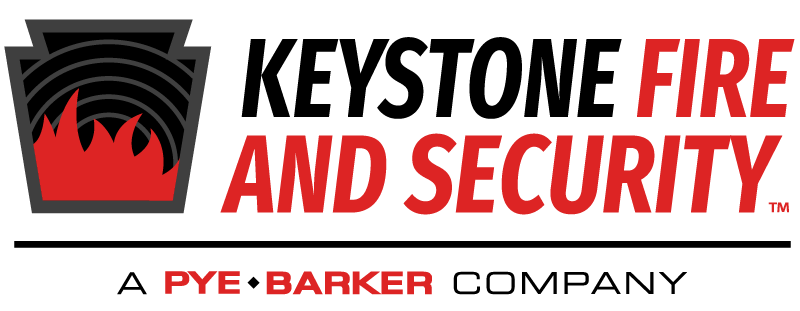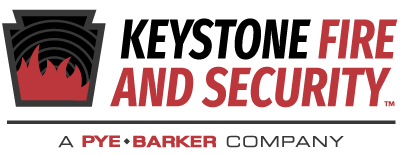What are the Common Causes of Nursing Home Fires?
The first step to fire prevention is awareness. Develop your plan with a qualified fire and safety expert. Educate your staff on the risks throughout your facility and the precautions they can take to stay safe. This includes special attention to areas around appliances, heating, electrical wiring, and kitchens.
Since the majority of fires start in the kitchen, your staff should be alert to the warning signs. Make sure electrical plugs and wiring are not overloaded. Ensure that stoves and ovens are never left unattended. Additionally, clear and clean stove areas of any boxes, papers or any debris that could be flammable. Also, never unhook a smoke detector while cooking to avoid it going off.
What type of Fire Protection Services do Nursing Homes Need?
Nursing homes are more vulnerable than other facilities or institutions to fire emergencies due to the lack of mobility and possible hearing loss of some of their residents. This makes it vitally important to employ regular fire protection services such as installing, testing and inspecting fire protection equipment including alarms, emergency lighting, fire sprinkler systems, fire suppression systems, and fire extinguishers. It is important to test and inspect all fire protection equipment to make sure it is well-maintained and all components will function properly should a fire occur. Some assisted living facilities may desire to add additional audible and visual components to help alert those who may be hard of hearing of an emergency. Marco Protection Systems, LLC, can install and program visual components to strobe different colors to correspond to specific types of emergencies like a fire, shelter in place, or lockdown. Schools often employ this technology for their students who have visual or hearing impairments. Lastly, it is important to train staff on fire safety and prevention practices, as well as to conduct regular fire drills to educate and inform residents.
How Often Should Nursing Homes Conduct Fire Drills?

Each state has specific regulations on fire drill requirements for nursing homes. Your administrator should base the plan on the local fire marshal’s safety requirements. For instance, Pennsylvania’s code states they should be held monthly covering various shifts. This includes a written report with details on the relocation, the number of residents moved, and personnel participating in the drill.
What Fire Safety Training do Nursing Home staff and residents need?
Owning a nursing home or assisted living facility can be stressful. Your staff can have an impact on the well-being of others, which is a great responsibility. Do not treat fire prevention as an afterthought. Working with residents that might not have full mobility or the means to protect themselves creates a need for extra safety precautions. It is important assisted living facility staff be trained in fire safety best practices. Every nursing home should have an emergency preparedness policy, regular fire drills, and smoke detectors. Make sure your policy addresses internal fires, external fires, and swift evacuation that keeps in mind the residents that need extra care. Any time a fire alarm sounds, staff should instinctively take action and implement the fire safety plan.
fire protection services! can install, inspect, test, and maintain all the necessary fire protection services and equipment used to keep your nursing home or assisted living facility safe from a fire emergency. Marco Protection Systems LLC today to learn more about our nursing home fire protection services!

